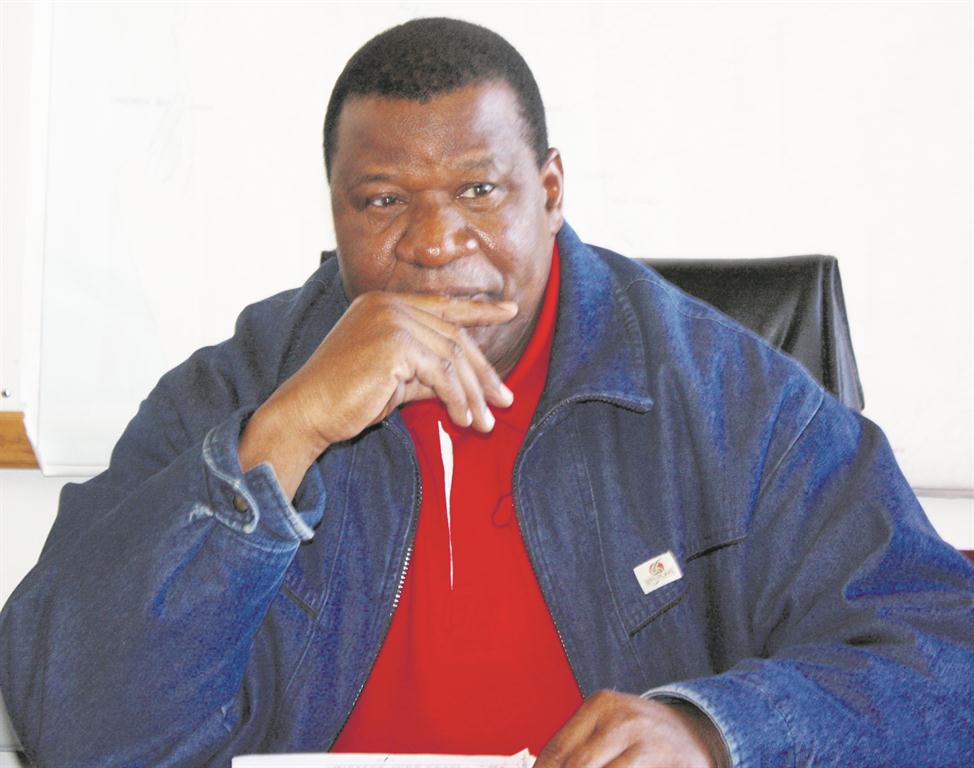Agriculture must adapt to climate change
Agricultural practices should be adapted to ensure that food security is not compromised, Minister of Agriculture, Water and Forestry John Mutorwa has said.
This, he said, means that as climate evolves, agriculture must adapt and become resilient, productive and sustainable to feed the growing global population, which is set to reach 9.6 billion by 2050 as per 2013 United Nations (UN) predictions.
Mutorwa made the statement at the official opening of the Namibia National Farmers Union (NNFU) agricultural stakeholder conference which started last week.
The conference is held against the background of the declining contribution of agriculture to Namibia''s Gross Domestic Product and will end on Friday.
The unique and persistent challenges confronting the Northern Communal Areas (NCA) agriculture sector are also being addressed during the event.
The NNFU organised the consultative conference to deliberate on a broad blueprint for the transformation of the sector in the NCAs.
“Namibia and almost all the Southern African Development Community (SADC) member states are still in the grip of the most devastating drought,” the minister said, adding that this confirms that climate change is and will remain a practical fact and reality for the future.
Mutorwa said by adopting sustainable agricultural practices tailored to local contexts, farmers -especially smallholders - can become considerably productive and gain incomes, while increasing the resilience of their agricultural activities.
“Adaptation strategies are vitally important to combating poverty and hunger in a changing climate environment,” the minister stressed.
Mutorwa indicated that government through the MAWF is pursuing initiatives, programmes and projects that are aimed at building resilience amongst farmers who are mostly affected by the drought.
Shocking figures emerged at the first Africa Drought Conference held in Windhoek earlier this year, where Namibia''s drought and a 12 per cent shrinkage of the agricultural sector since 2013 raised eyebrows.
A decline in crop harvests and dying livestock is affecting the about 70 per cent of Namibians employed in the agricultural sector.
NAMPA
This, he said, means that as climate evolves, agriculture must adapt and become resilient, productive and sustainable to feed the growing global population, which is set to reach 9.6 billion by 2050 as per 2013 United Nations (UN) predictions.
Mutorwa made the statement at the official opening of the Namibia National Farmers Union (NNFU) agricultural stakeholder conference which started last week.
The conference is held against the background of the declining contribution of agriculture to Namibia''s Gross Domestic Product and will end on Friday.
The unique and persistent challenges confronting the Northern Communal Areas (NCA) agriculture sector are also being addressed during the event.
The NNFU organised the consultative conference to deliberate on a broad blueprint for the transformation of the sector in the NCAs.
“Namibia and almost all the Southern African Development Community (SADC) member states are still in the grip of the most devastating drought,” the minister said, adding that this confirms that climate change is and will remain a practical fact and reality for the future.
Mutorwa said by adopting sustainable agricultural practices tailored to local contexts, farmers -especially smallholders - can become considerably productive and gain incomes, while increasing the resilience of their agricultural activities.
“Adaptation strategies are vitally important to combating poverty and hunger in a changing climate environment,” the minister stressed.
Mutorwa indicated that government through the MAWF is pursuing initiatives, programmes and projects that are aimed at building resilience amongst farmers who are mostly affected by the drought.
Shocking figures emerged at the first Africa Drought Conference held in Windhoek earlier this year, where Namibia''s drought and a 12 per cent shrinkage of the agricultural sector since 2013 raised eyebrows.
A decline in crop harvests and dying livestock is affecting the about 70 per cent of Namibians employed in the agricultural sector.
NAMPA





Comments
Namibian Sun
No comments have been left on this article